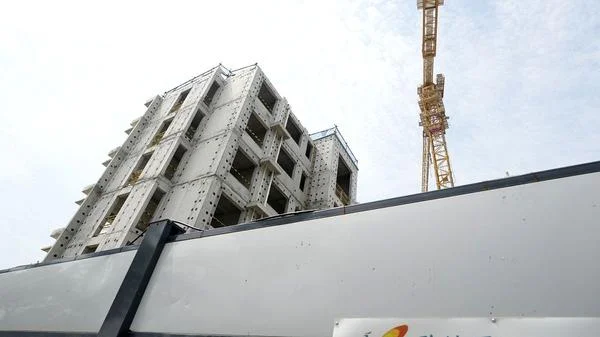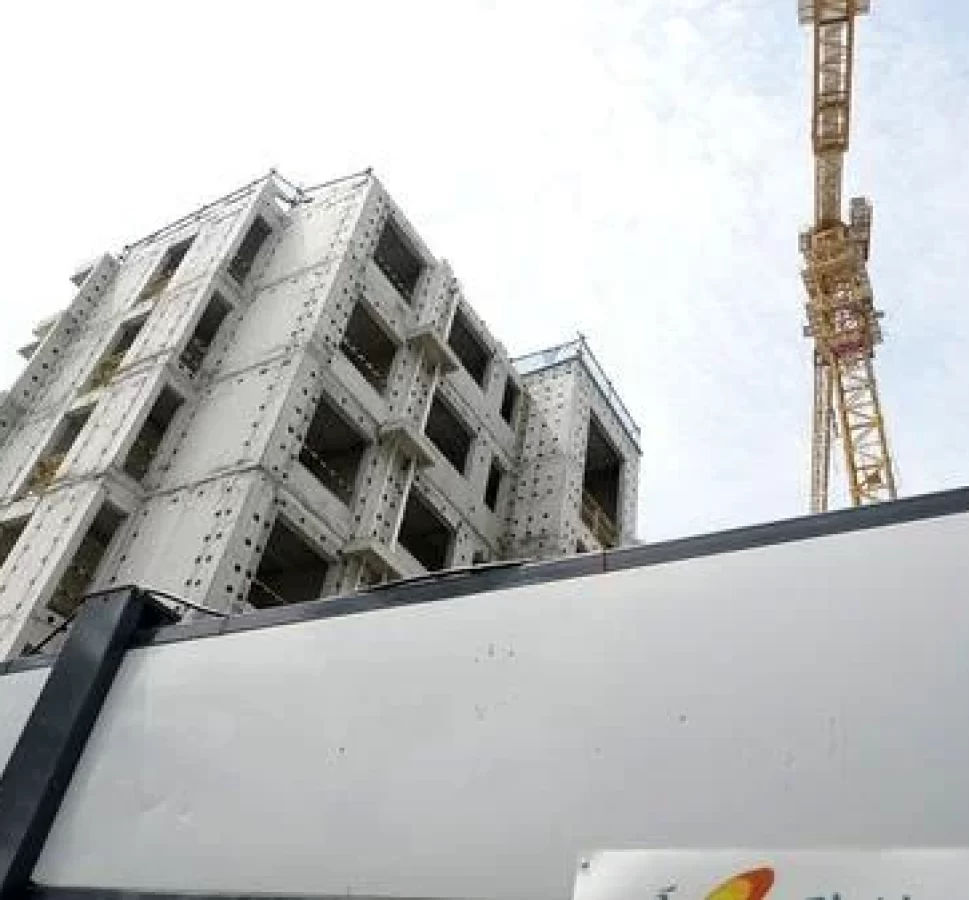
The largest property developer in China will be in default if it fails to make a $15 million coupon payment on Tuesday, the end of a 30-day grace period.
Country Garden was once considered a safe option for investors, but now, like many of its competitors, it is being dragged down by China’s property sector crisis.
The group warned last week it may not be able to meet its offshore debt obligations, stating that its sales were under “remarkable pressure”.
Country Garden was formally at risk of defaulting in September, but managed to negotiate an extended deadline for repayments.
A default would be a hard blow for the Chinese economy, given that the property sector accounts for a quarter of its GDP.
Country Garden had total liabilities of 1.4 trillion yuan (€181.29 billion) at the end of June, including offshore bonds worth over €10 billion, and offshore loans worth almost €6 billion.
Non-payment could lead to more unfinished construction, and house prices could balloon if Country Garden sells houses cheaply to raise cash.
In a statement to the Hong Kong stock exchange last week, Country Garden nonetheless stated: “the Group will continue to adhere to its responsibilities and make its best effort to ensure the delivery of properties.”
The developer called this “the key pillar to safeguard the property market.”
The latest in a string of defaults?
Country Garden isn’t an isolated case, but rather it may join a number of Chinese developers who’ve been unable to pay their creditors.
According to JP Morgan, groups accounting for 40% of Chinese home sales have defaulted on their debt obligations since 2021.
To add to this, CreditSights figures show Chinese developers have defaulted on more than $114.6 billion of $175 billion in dollar bonds outstanding since 2021.
In Euros, this means defaulting on more than €108.5 billion when owing creditors over €165 billion.
At the centre of the housing crisis is the group Evergrande, which was unable to pay its debt in late 2021.
In the year prior to this, the Chinese government brought in more regulation to try and bring down high debt levels in the property sector, as companies were expanding quickly by borrowing large sums of money.
Yet by making it harder for companies to raise cash, the state plunged Evergrande into hot water.
The group was unable to make interest repayments and is now the world’s most indebted developer.
While Country Garden’s liabilities are only 59% as big as those of Evergrande, it has around four times more sites, meaning its likely default is concerning investors.
Analysts also have their eye on Chinese property company Gemdale, who saw its stocks and bonds plunge on Tuesday after the resignation of its chairman.
What options are left?
Country Garden is in a precarious position, with its dollar bonds being bid at below 6 cents on the dollar.
Roughly 64 million yuan worth of shares in its sister company Country Garden Services have been frozen by the Chinese courts, and last week, one of its creditors launched legal proceedings against is debtor. Kingboard Holdings, a printed circuit board maker, is owed HK$1.6 billion (€193 million) by Country Garden.
The property developer is looking into how it can restructure its debt, and has appointed companies Houlihan Lokey, China International Capital Corporation (CICC) and law firm Sidley Austin to examine its options.






